How people use WhatsApp to share breaking news with the world
- Published
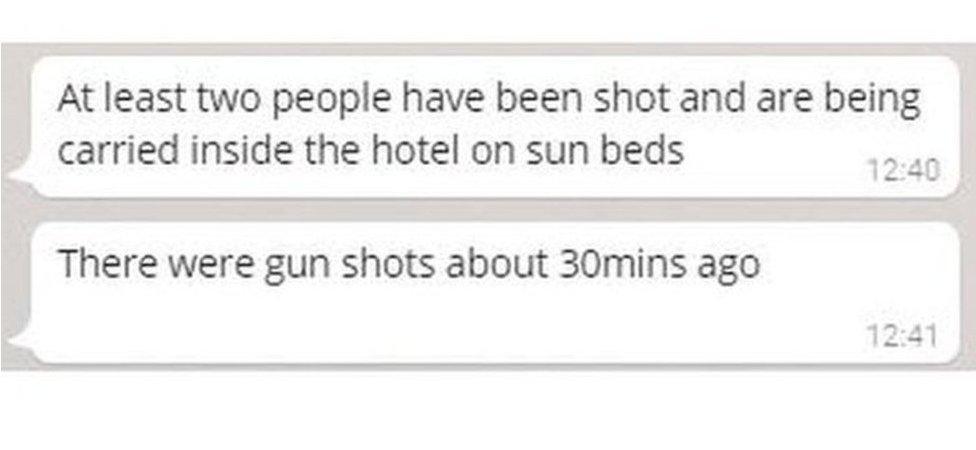
Mobile messaging service WhatsApp is now said to be used by a billion people monthly, but it is not just a conduit for social chat and event planning.
WhatsApp and similar applications make it possible for news organisations to reach the far-flung corners of the globe where other media are often blocked.
Here are a few recent examples of how you have enhanced BBC News output by getting in touch via the app.
Tunisia
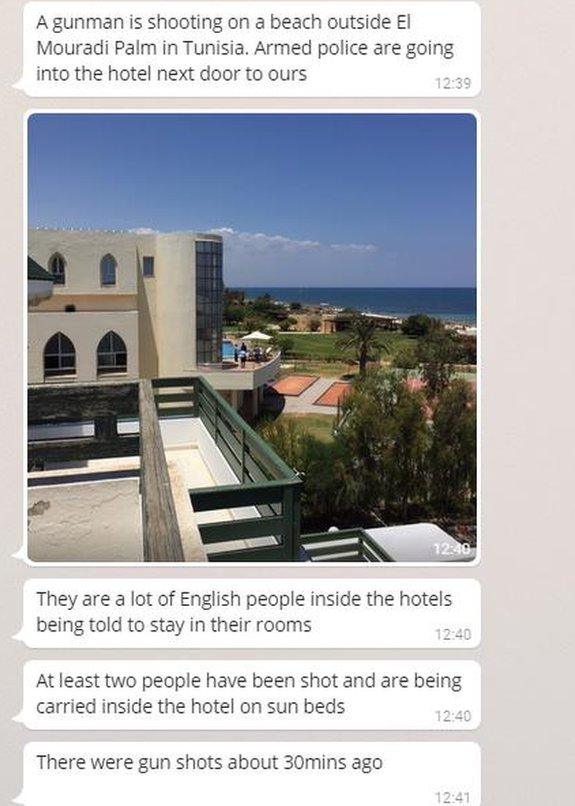
A total of 38 people were killed in an attack on a beach in Tunisia on 26 June 2015.
They were killed when a gunman, with links to so-called Islamic State extremists, opened fire on a beach in Sousse, outside two hotels.
He had hidden a gun under a beach umbrella and he threw grenades, forcing people to run for their lives.
Eyewitness Anthony Ryan got in touch with us as the news was breaking.
He was able to tell us what was happening from his balcony. He could see his hotel's entertainers on the beach and could hear shouting.
He could also see that two people had been brought into the hotel next door on sun beds, and were badly injured.
Paris
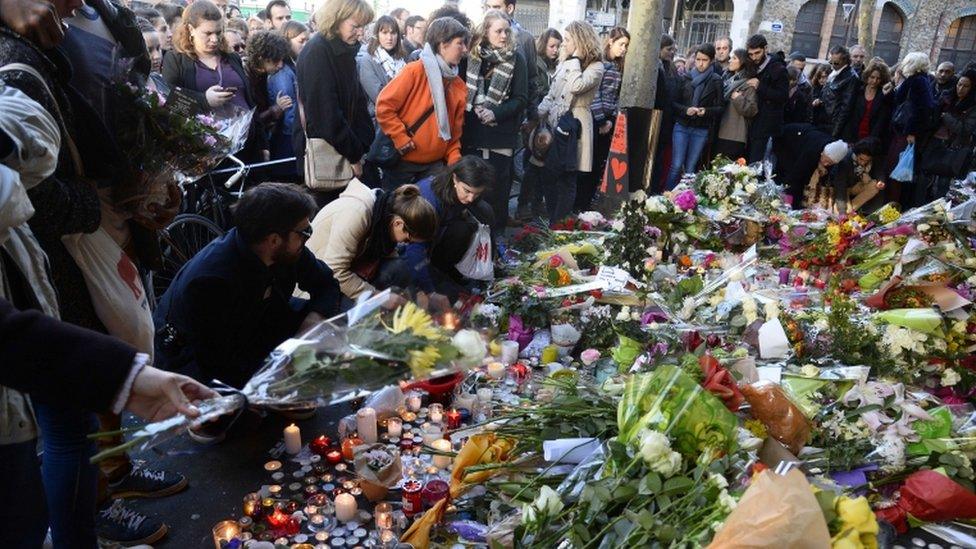
Simon Philips shared his experience of the attacks in Paris on the night of Friday 13 November.
Gunmen and suicide bombers attacked a concert hall, a major stadium, restaurants and bars, almost simultaneously.
Mr Philips, a dual French and British citizen, was sitting with his girlfriend outside La Belle Equipe bar in the rue de Charonne in the 11th district, when two men opened fire on the terrace of the cafe.
He described what he had seen as "endless scenes of war".
"It was complete and utter chaos. The noise of the bullets outweighed those of screams and sirens afterwards," he said.
Nepal
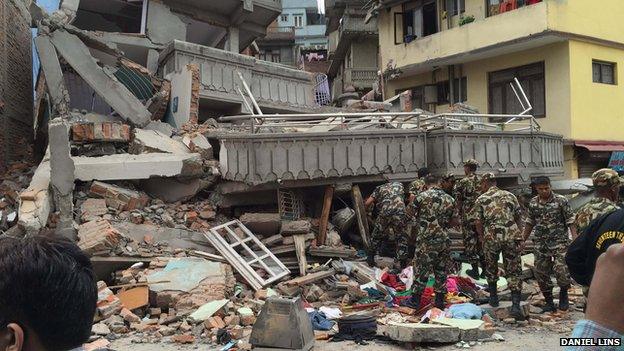
Kathmandu rubble - image sent in by Daniel Lins
Earlier last year, we reported on the most powerful earthquake to have hit Nepal in decades.
Hundreds of people were killed, and many others were trapped and injured in the quake in April.
Many of the BBC's eyewitnesses to this quake came through WhatsApp, which is widely used in that part of the world.
Those affected ranged from local people to the region's many tourists and climbers on Mount Everest.

As well as keeping us informed of news stories, you have been telling us how you use WhatsApp every day.
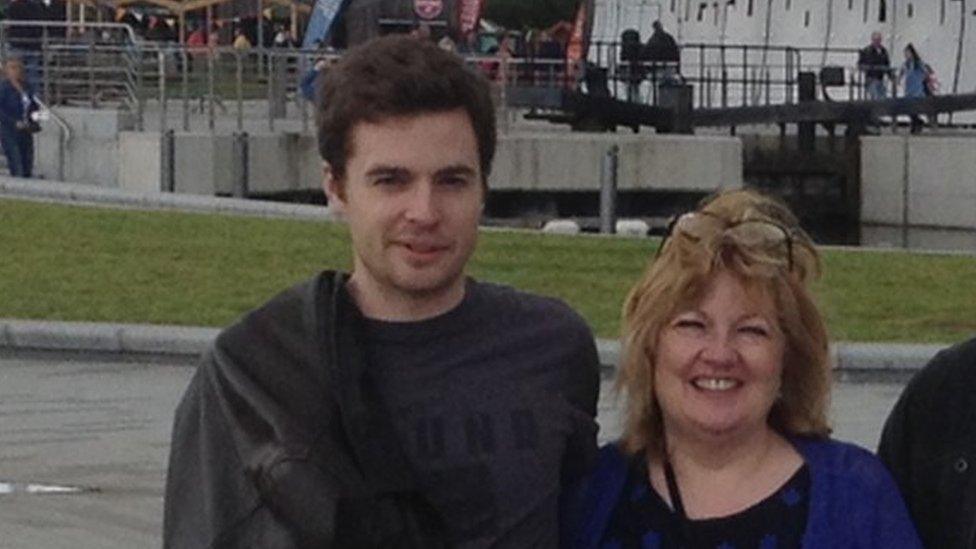
Jean Macleod from Glasgow, UK, says she uses it every day to message her son, Ewan, in Australia.
"He's in Sydney and I'm in Glasgow. It keeps us in touch every morning and night, and if I didn't have it I'd completely crash as I miss him so much.
We're not always available at the same times, so it's a bonus alongside phone calls.
I use it on holiday too. Last year, on holidays in Uganda, I kept in touch with all my family including my daughter in London, and husband in Glasgow."
Mal Smith agrees: "I use WhatsApp to speak to relatives in Switzerland and for sending video and pictures to family and friends.
My mobile provider charges me extra for sending pictures over their network."
And Julia Kinsey says she uses it at home in rural Suffolk, UK. "Mobile signal is very patchy in our house," she said. "So I use it for communicating with family in London and friends nationwide. I would feel very isolated without it."
Compiled by Francesca Neagle